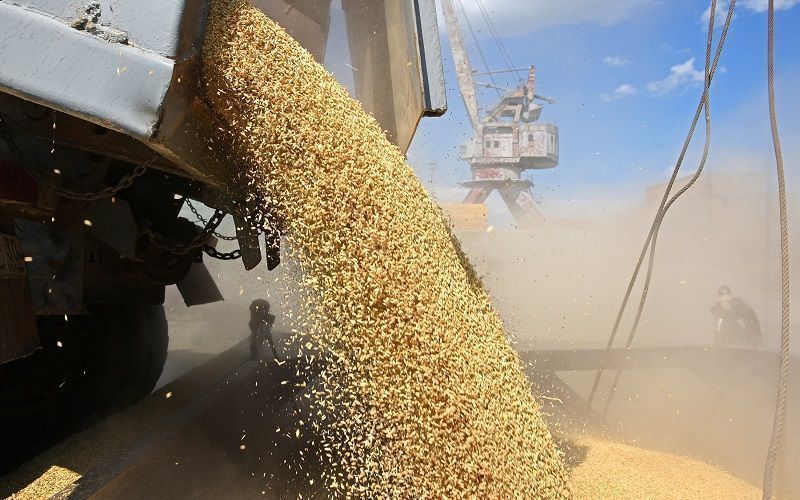Moscow and Washington Discuss a New “Black Sea Initiative”: Grain Deal Revival Tied to Sanctions Relief

Key Provisions of the Agreement
According to the Russian side, the new agreements include:
-
Ensuring maritime security in the Black Sea, a commitment to non-use of force, and a ban on using commercial vessels for military purposes;
-
Implementation of inspection mechanisms to control shipping activities;
-
U.S. support for restoring access of Russian agricultural exports and fertilizers to global markets, including reducing maritime insurance costs and expanding port and payment system access for such transactions.
Russia’s Conditions
Russia insists that the agreements will only come into force upon the fulfillment of several key demands, including:
-
Lifting of sanctions against Rosselkhozbank and other financial institutions;
-
Reconnection to the SWIFT system and the opening of necessary correspondent accounts;
-
Unblocking Russian access to international port infrastructure;
-
Permission to import agricultural machinery and other goods essential to food production.
Russian Foreign Minister Sergey Lavrov confirmed that Moscow is open to reviving the grain deal in “a more acceptable format,” noting that agreement to revisit the matter followed a discussion between Presidents Vladimir Putin and Donald Trump on March 18.
U.S. and Ukrainian Positions
In its official statement, the White House affirmed U.S. readiness to support the return of Russian agricultural goods to global markets. However, it did not reference Moscow’s specific conditions. Concurrently, Kyiv announced agreements on a ceasefire in the Black Sea and a moratorium on strikes against energy infrastructure. Moscow stated it agreed to the moratorium, but also reported continued Ukrainian attacks on Russian energy facilities.
Negotiation Process in Riyadh
The U.S.–Russia talks in Riyadh on March 24 lasted over 12 hours. The Russian delegation was led by FSB advisor Sergey Beseda and Senator Grigory Karasin, while the U.S. was represented by Andrew Peek of the National Security Council and Michael Anton from the State Department.
Commenting on the outcome, Senator Vladimir Chizhov stated that the lack of a joint statement resulted from Kyiv’s position, which demands that all agreements, including U.S.–Russia ones, be at least symbolically approved by Ukraine.
Expert Commentary
Experts believe this new initiative could serve as a relaunch of the grain deal that was active from July 2022 to July 2023. At that time, the Russian part of the agreement — which involved easing export restrictions — was never implemented. Moscow hopes that Washington will persuade its European partners to revise sanctions related to logistics and financial services.
Andrey Kortunov, Director General of the Russian International Affairs Council, noted that the renewed initiative might become a platform for further de-escalation measures, including halting infrastructure strikes and establishing monitoring mechanisms. However, final commitments will depend on the U.S. ability to influence the EU and Ukraine’s willingness to follow through.
Presidential spokesperson Dmitry Peskov confirmed that high-level contacts between the sides will continue, although no specific format or timeline has been set. He added that decisions on future negotiations will be made “as needed.”









